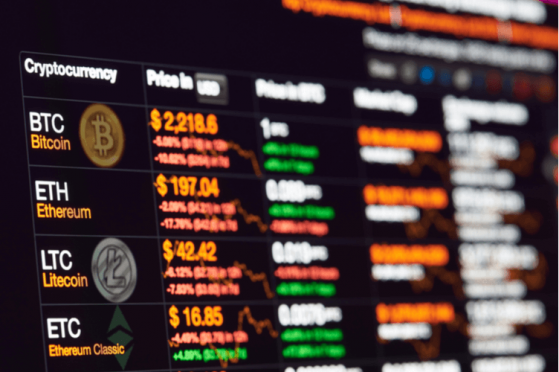We are past the days when you could buy a Bitcoin in one country and sell it at a premium for instant profit in Asian countries such as China. Bitcoin arbitrage, which flourished last year at the height of the cryptocurrency boom, is nowhere near its peak as demand for digital currencies dwindles and players flood the market. Still, the activity remains a profitable one.
In an analysis of Bitcoin arbitrage, Reuters found that cryptocurrency traders could sell Bitcoins for 30% to 40% more in China than what they cost elsewhere when the price of the virtual coin was nearing $20,000 in December.
However, the premium for Bitcoins has slumped to around 7% amid a rising number of Bitcoin mules – people who cross borders carrying cash to trade digital currencies. Further aggravating the situation is the proliferation of individual computer-assisted traders and cryptocurrency funds.
John DeCleene, an assistant fund manager at Overseas Chinese Investment Management, told Reuters:
"The market's kind of taken a downturn; there is less general appetite in this space. It is too many players entering this market, but also less of the hype we saw in December-January when people were paying a 30 percent premium because they expected ten times gains overnight."
Tight competition
Cryptocurrency arbitrage generates profits in a manner similar to traditional retail trade, with operators buying and selling digital assets on two separate platforms. Since they can do it at scale, they still make profits despite the smaller spreads.
Ramani Ramachandran, CEO of online exchange Zenprivex, said much of the competition comes from hedge funds because they can execute arbitrage trades not only faster but on a much bigger scale at a fraction of the cost.
One of these hedge funds is KIT Trading, a unit of Vulpes Investment Management with a $10 million digital currency arbitrage operation.
KIT Trading’s Peter Kim commented:
"In the beginning, when there is 30 percent arbitrage, obviously you can travel to Thailand, buy Bitcoins, send them to China, Japan, Korea and sell them. That's easy. But that opportunity is not going to last very long. And even though it is not as blatantly there, there are still many ways to profit from it, especially for someone like me who is used to making three basis points on a trade.”
Asian investors to drive cryptocurrencies up
Although the margin of profits in arbitrage has decreased significantly, the operation is expected to remain lucrative as millions of individual Asian investors are expected to support the digital currency market this year.
It is estimated that only six countries control 55% of global online Bitcoin trades and most of them are in Asia. In India alone, the number of cryptocurrency users is pegged at 333 million, with China being next in the ranking.
Chris Weston, chief market strategist at online trade platform IG Group, was quoted as saying:
“Bitcoin is one of the few markets we’ve ever had in history where you’ve seen these astronomical gains around the world and the retail investors in Asia are the ones driving it. It feels like this whole thing is being driven by the average Joe, who isn’t nearly as financially literate as a professional fund manager.”
This article appeared first on Cryptovest
